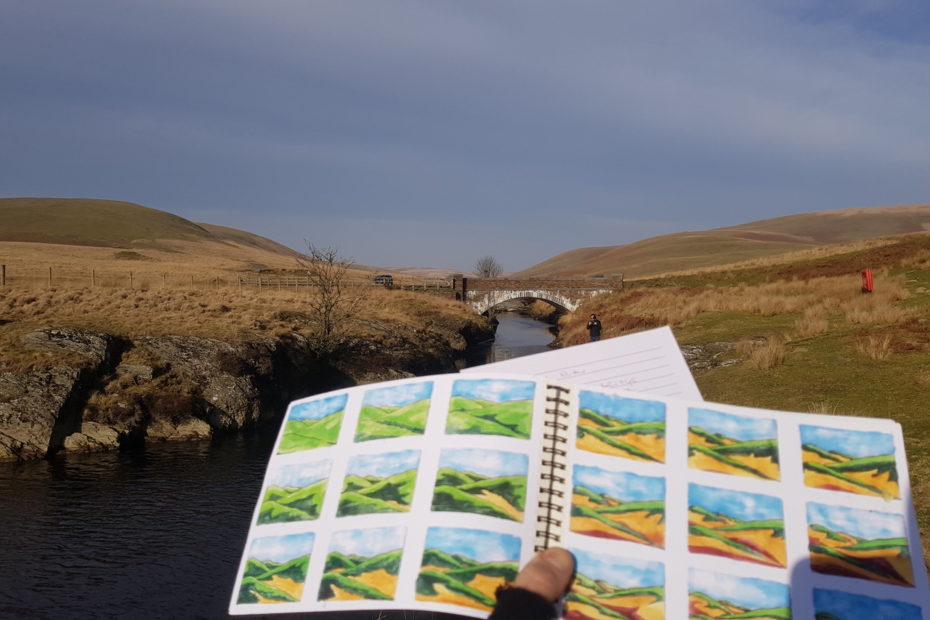This is the third Q&A in a series where we find out a little more about the people behind Social Art Publications.
1. Who are you?
Setting up collectives and grassroots organisations has been a long part of my practice as an artist and community organiser. I had been really wanting to bring together artists dedicated to working with communities for years, and the Social Art Network happened at the right time and the right place. A year after we launched SAN we had an artist assembly at Tate Exchange where we talked about what we would like to see in the future. One of the topics I brought to the event was publishing, as I had my first funded artist book coming out that year as part of an artist residency in rural Wales (Elan Calls, Social Art Publications, 2019). A few amazing artists joined up, some with real knowledge of publishing and we decided to create Social Art Publications! With literally the bottom of the barrel of funds we had we bought 100 ISBNs and off we went.
2. What does SAP mean to you?
SAP for me is about creating a portfolio of amazing works by artists that you can purchase and put on your shelf. When we’ve assigned these 100 ISBNs I definitely expect to have a big celebration! And also have a real think about what thematic threads have run through, how these publications reflect the times we are living in and what we potentially see as the imagined future. SAP is not just about attaching an ISBN to an artist book but about being part of a bigger family of practice, and history making about what social art is and looks like in the UK today.
3. What publication about social art practice have you enjoyed recently?
At the moment I am reading Bonaventure Soh Bejeng Ndikung’s book The Delusions of Care (Archive Books, 2021). I absolutely love it because it’s bang on target with the issues we are facing around access and inclusion in the arts with regard to decolonising the centre of power and cultural production. Though the writing isn’t specifically about social art, it speaks to the through lines that are fundamental to the practice.
RM Sánchez-Camus is a co-founder of the Social Art Network and the director of Applied Live Art Studio.
